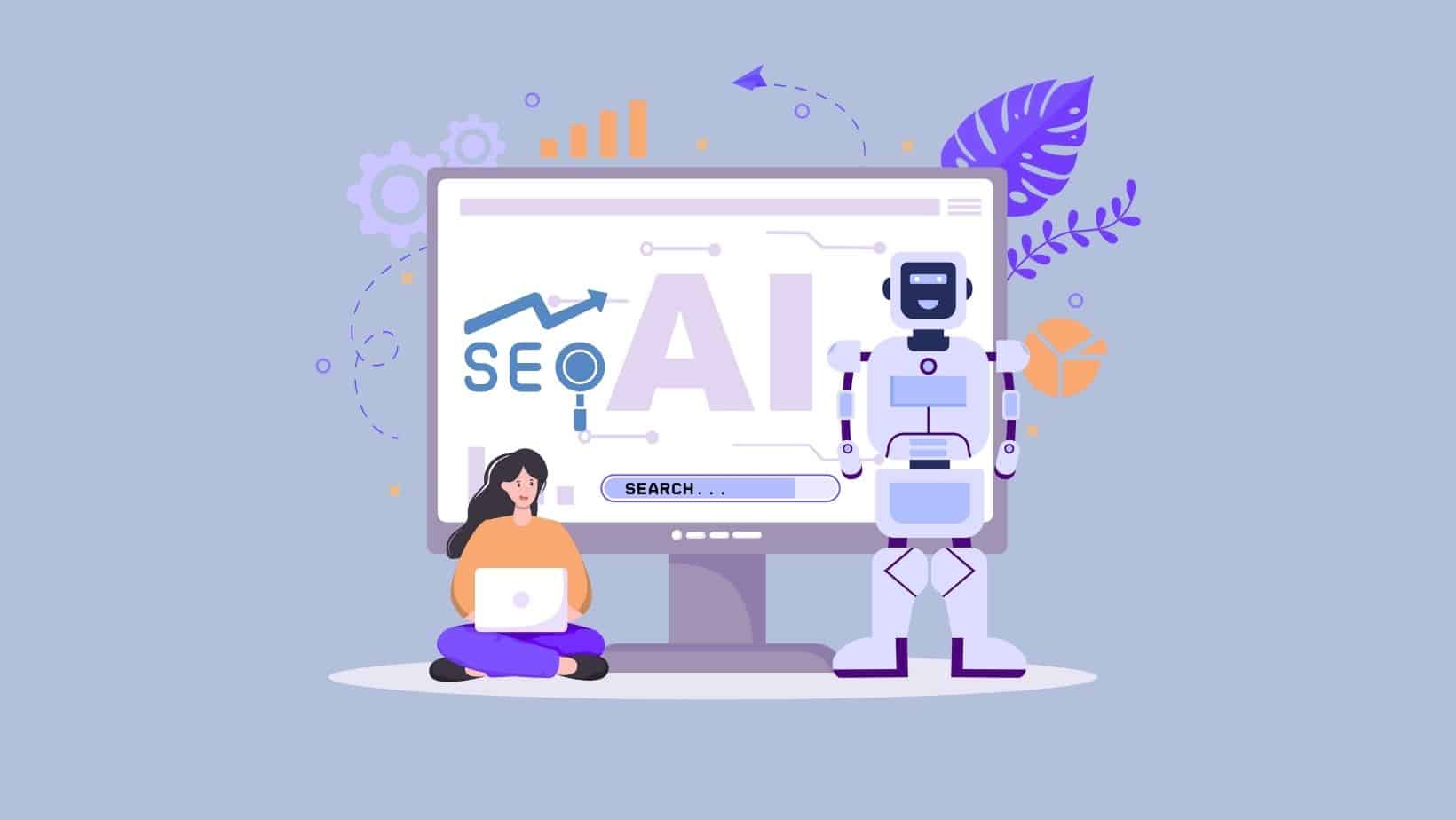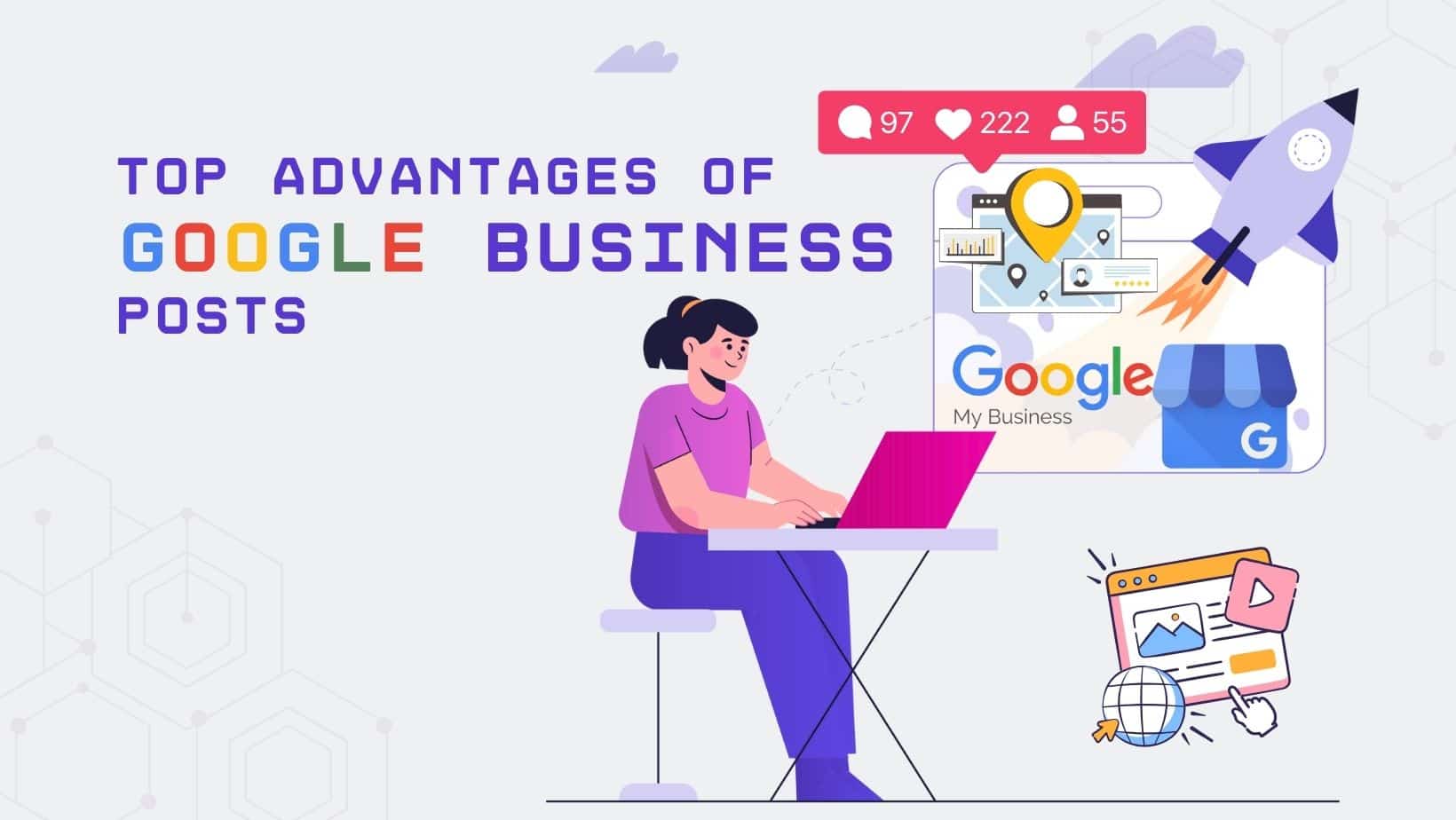Did you know that more than half of marketers say that blogging is their top content marketing priority? That’s a pretty strong vote of confidence in the power of blogging.
And it’s not just marketers who are singing the praises of blogging. Businesses of all sizes and across all industries are benefiting from regular blog posting. Those benefits can take the form of increased traffic, leads, and sales; better search engine rankings; improved social media engagement; and more.
In other words, if you’re not blogging yet, you’re missing out on a whole lot of potential benefits for your business. Here’s a closer look at some of the most important ones.
What Is Blogging in the Context of Businesses?
We all know the traditional definition of blogging: an online journal or diary where someone regularly posts their thoughts, experiences, and opinions. In the context of businesses, though, blogging takes on a slightly different meaning.
Here, it’s all about creating valuable content that helps you achieve your business goals. That could mean anything from increasing brand awareness by sharing your company’s story and driving traffic and leads with helpful how-to posts to increasing sales with product-focused content and demonstrating your industry expertise with thought-leadership articles.
In other words, blogging is a means to an end, not an end in and of itself. It’s a tool you can use to achieve specific business objectives, just like any other marketing tactic.
The Benefits of Blogging
Whether your business is just getting started with blogging or you’ve been at it for a while, it’s important to understand the potential benefits and how they can help you achieve your business goals. Here’s a look at some of the top benefits of blogging.
1. Increased Traffic
A well-executed blog can bring a surge of traffic to your website (up to 434%), especially if it’s optimized for search engines. This makes it one of the top reasons businesses blog.
But what’s the logic behind this increase? It all goes back to how people use the internet to find information.
Sure, you can wait for people to search for your exact product or service and then hope they land on your website. Or, you can proactively create content that answers their questions and addresses their needs at every stage of their buyer’s journey so that they’re more likely to find your site and do business with you when they’re ready to buy.

Plus, each blog post is considered its own web page, which means it gets indexed by Google and can show up in search results. The more blog posts you have, the more opportunities you have to rank in search engines and drive traffic to your website.
So instead of waiting for people to find you through the limited number of static web pages on your site, you can actively reach out to them with new blog posts designed to answer their questions and help them solve their problems.
That way, if you’re a business that sells snowboards, you’re not just waiting for someone to search “snowboards for sale.” You can also attract people who are searching for things like “how to choose the right snowboard,” “the best beginner’s snowboards,” “the best snowboards for carving,” and more.
Isn’t this better than just hoping that someone searches for your exact offering?
2. More Leads
In addition to increased traffic, blogging can lead to more business leads. In fact, companies that blog regularly acquire 67% more leads than those that don’t. And it makes sense because the traffic you’re getting from your blog doesn’t just disappear after someone reads one post.
If you’re providing valuable information that’s relevant to their needs, they’re likely to stick around and check out some of your other content. And if you’re including calls-to-action (CTAs) throughout your posts and directing them to landing pages where they can sign up for more information or request a quote, you’re giving them an easy way to become a lead.

That’s opposed to just having a contact page with your phone number and address where they can reach out if they’re already interested in doing business with you. By creating helpful blog content and including CTAs in your blog posts, you’re actually nurturing leads and moving them further down the sales funnel.
Pro Tip: Your landing pages should offer something valuable in exchange for a visitor’s contact information, like an ebook, checklist, or webinar. That way, they’re more likely to hand over their information because they know they’ll get something useful in return. Then, once you have their contact information, you can continue marketing to them and working to turn them into a customer.
3. Easier Link Building
Link building is the process of getting other websites to link back to your site. And it’s an important part of SEO because search engines use links as a ranking factor.
In other words, the more high-quality inbound links you have, the higher your site will rank in search engine results pages (SERPs). That’s because links are seen as votes of confidence. If other websites are linking to your site, that must mean you’re creating helpful, informative content, right?
Typically, link building can be difficult because you have to reach out to other website owners and try to convince them to link to your site. You can do this by guest blogging or by including your website’s link in your forum signatures, yet it can still be a tough process.
But guess what? Blogging can help with that.
See, when you’re creating helpful, informative blog content, other websites are more likely to link to it naturally. Companies that blog actually get 97% more links to their websites.

That’s because they want to provide their readers with valuable resources, and if your post does a good job of answering their questions or addressing their needs, they’ll be happy to link to it. That takes a lot of the work out of link building, and it can help you attract links from high-authority websites, which can really boost your SEO.
4. Boosted Business Credibility
When you first start a business, it can be tough to establish credibility. You might have the best product or service in the world, but if no one knows about your company or trusts your brand, you’re not going to get very far.
Put yourself in your customer’s shoes. If you were looking for a new product or service and came across two companies, one of which had a blog and the other didn’t, which one would you be more likely to do business with?
The answer is probably the company with the blog. Having a blog establishes credibility because it shows that you’re an expert in your industry. You’re not just some fly-by-night company looking to make a quick buck–you’re a trusted source of information, and you know what you’re talking about.
Providing valuable, informative content on your blog shows that you have a deep understanding of your industry and that you’re always keeping up with the latest news and trends. This can help you build trust with potential customers and establish yourself as a leader in your industry.
Pro Tip: 62.96% of readers perceive blogs with multiple authors to be more credible, so if you can, have more than one person contribute to your company blog. This could be employees, guest bloggers, or even customers.
5. Improved Social Media Engagement
Social media is a great way to connect with potential and current customers, but standing out in such a crowded space can be tough. And with the pressure of having to post new, engaging content all the time, it’s no wonder that some businesses start to struggle with their social media engagement.
But if you have a business blog, you can use it to help give your social media a boost. You can easily share each new blog post on your social media channels, and because you’re sharing high-quality, informative content, you’re more likely to get engagement from your followers. For that reason, 95.9% of companies promote their blog posts via social media.

Not to mention, it works both ways. In addition to helping improve your social media engagement, your social media will also help promote your blog. Each time you share a new blog post on social media, you’re increasing its reach and bringing in new readers.
It’s like a never-ending cycle of lead generation!
Pro Tip: If you want to really give your social media a boost, create shareable content like infographics or videos that relate to your blog post. This will make your social media posts more engaging and help you attract even more followers. Repurposing your blog content in different formats is a great way to get the most out of it.
6. Long-Lasting Results
Unlike some marketing strategies, the effects of blogging are long-lasting. Sure, a social media post might get a lot of engagement for a few hours or even a day, but then it’s gone. And paid ads will only last as long as you continue to pay for them.
But once you create a blog post, there’s no expiration date. It will continue to attract traffic and generate leads for your business indefinitely–as long as you continue to promote it.
Even better, each new blog post builds upon the foundation you’ve already created with your older posts. So, over time, your blog will become an increasingly valuable asset for your business, bringing in more and more leads and helping you close more sales.
Pro Tip: If you want to get the most out of your blog posts, make sure to update them regularly. This could mean anything from adding new information to fixing any outdated information. By keeping your blog posts up-to-date, you’ll ensure that they continue to be valuable for your business.
7. Humanized Branding
In today’s digital world, it’s easy for businesses to seem impersonal. And when you’re trying to connect with potential customers, that’s not a good thing. A blog gives you an outlet to humanize your brand and show the people behind your business.
When you write blog posts, you can share your company’s story, give insights into your industry, and even showcase your company culture. This helps potential customers see that there’s a real person–or team of people–behind your business, making it easier for them to connect with you. And when they feel like they know you, they’re more likely to do business with you.

Plus, you could share company updates, employees’ stories, or even highlight customers and how they’ve used your product or service. This helps to create a more personal connection between your brand and its potential customers.
And let’s not forget that potential customers aren’t the only ones reading your blog. By humanizing your brand, you’re also likely to attract talent. After all, people want to work for companies that they can connect with on a personal level. So if you’re looking to attract top talent, a blog is a great way to do it.
The Bottom Line: Blogging Pays Off in Spades!
To wrap up, blogging is an essential tool for any business that wants to succeed online. The benefits are far too great to ignore.
Not only does blogging help you attract more leads and close more sales, but it also gives you a chance to build a stronger relationship with your customers, humanize your brand, and even attract top talent. Plus, the effects of blogging are long-lasting, which means you can continue to reap the benefits of your blog posts indefinitely.
So if you’re not already blogging for your business, it’s time to start! And if you need help setting up a blog or developing a content marketing plan, we’re here to help. Just contact us today to get started.





